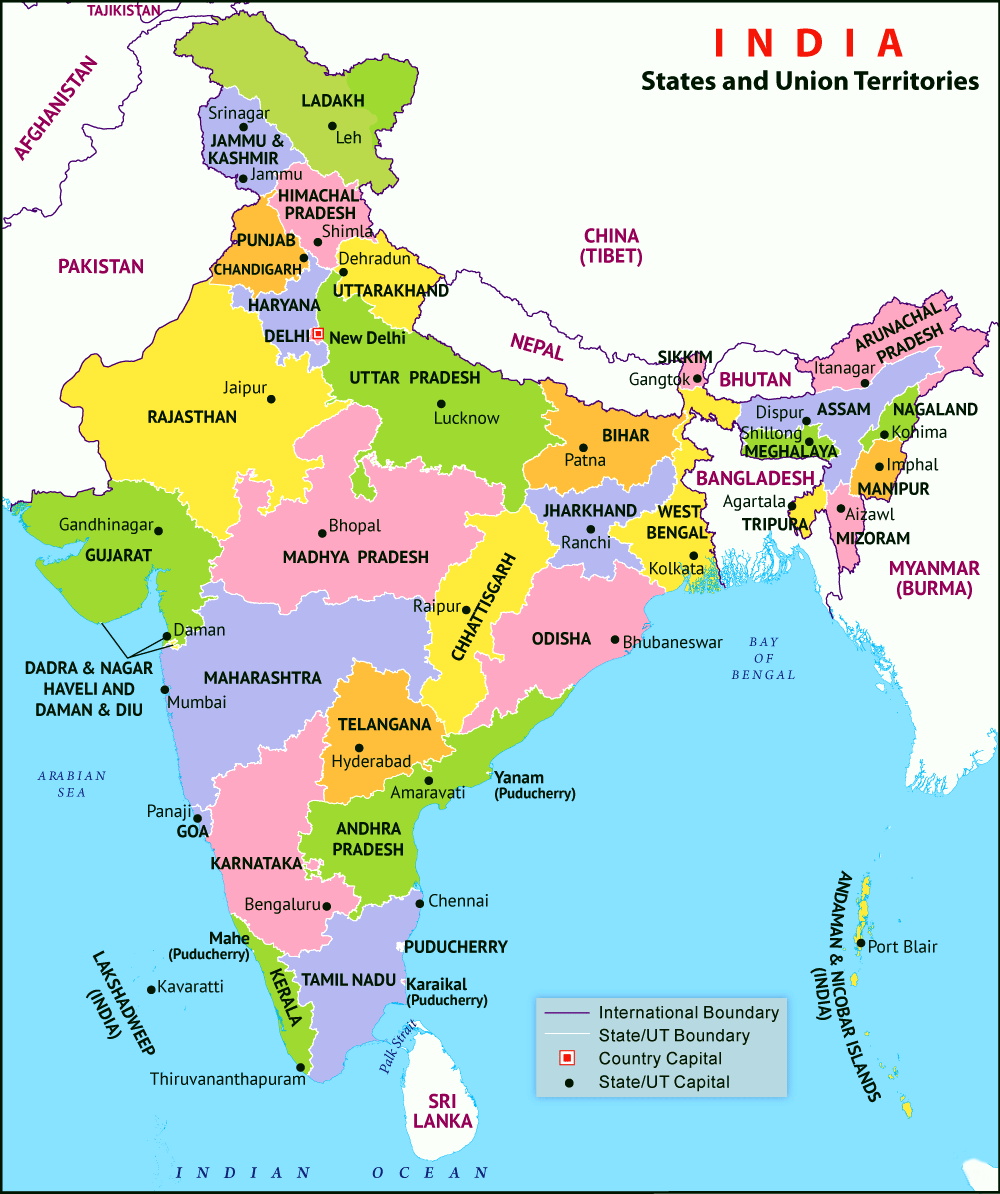Governance
Draft Blue Economy Policy
- 18 Feb 2021
- 6 min read
Why in News
Recently, the Ministry of Earth Sciences (MoES) has rolled out the draft Blue Economy policy, inviting suggestions and inputs from various stakeholders.
- It is in line with the Government of India’s Vision of New India by 2030.
Key Points
- About:
- The policy document highlighted the blue economy as one of the ten core dimensions for national growth.
- It emphasizes policies across several key sectors to achieve holistic growth of India’s economy. It recognizes the following seven thematic areas:
- National accounting framework for the blue economy and ocean governance.
- Coastal marine spatial planning and tourism.
- Marine fisheries, aquaculture, and fish processing.
- Manufacturing, emerging industries, trade, technology, services, and skill development.
- Logistics, infrastructure and shipping, including trans-shipments.
- Coastal and deep-sea mining and offshore energy.
- Security, strategic dimensions, and international engagement.
- Aims:
- Enhance contribution of the blue economy to India's Gross Domestic Product (GDP).
- The blue economy, which consists of economic activities dependent on marine resources, comprises 4.1% of India’s economy.
- Improve lives of coastal communities.
- Preserve marine biodiversity.
- Maintain the national security of marine areas and resources.
- Enhance contribution of the blue economy to India's Gross Domestic Product (GDP).
- Reason and Need for a Blue Economy Policy:
- Vast Coastline:
- With a coastline of nearly 7.5 thousand kilometers, India has a unique maritime position.
- Nine of its 28 states are coastal, and the nation’s geography includes 1,382 islands.
- There are nearly 199 ports, including 12 major ports that handle approximately 1,400 million tons of cargo each year.

- Utilisation of Non-living Resources:
- India’s Exclusive Economic Zone of over 2 million square kilometers has a huge living and non-living resources with significant recoverable resources such as crude oil and natural gas.
- Sustenance of Coastal Communities:
- The coastal economy sustains over 4 million fisherfolk and coastal communities.
- Vast Coastline:
- Other Related Initiatives by India:
- India-Norway Task Force on Blue Economy for Sustainable Development :
- It was inaugurated jointly by both the countries in 2020 to develop and follow up joint initiatives between the two countries.
- Sagarmala Project:
- The Sagarmala project is the strategic initiative for port-led development through the extensive use of IT enabled services for modernization of ports.
- It aims at developing Inland waterways and coastal shipping which will revolutionize maritime logistics, creating million new jobs, reducing logistics costs etc.
- It focuses on the development of coastal communities and people in the sustainable use of ocean resources, modern fishing techniques and coastal tourism.
- O-SMART:
- India has an umbrella scheme by the name of O-SMART which aims at regulated use of oceans, marine resources for sustainable development.
- Integrated Coastal Zone Management:
- It focuses on conservation of coastal and marine resources, and improving livelihood opportunities for coastal communities etc.
- National Fisheries Policy :
- India has a National Fisheries policy for promoting 'Blue Growth Initiative' which focus on sustainable utilization of fisheries wealth from the marine and other aquatic resources
- India-Norway Task Force on Blue Economy for Sustainable Development :
- Global Steps:
- Sustainable Development Goal (SDG)- 14 seeks to conserve and sustainably use the oceans, seas and marine resources for sustainable development.
Blue Economy
- The concept was introduced by Gunter Pauli in his 2010 book- “The Blue Economy: 10 years, 100 innovations, 100 million jobs”.
- It is the sustainable use of ocean resources for economic growth, improved livelihoods and jobs, and ocean ecosystem health.
- It advocates the greening of ocean development strategies for higher productivity and conservation of ocean's health.
- It encompasses–
- Renewable Energy: Sustainable marine energy can play a vital role in social and economic development.
- Fisheries: Sustainable fisheries can generate more revenue, more fish and help restore fish stocks.
- Maritime Transport: Over 80% of international goods traded are transported by sea.
- Tourism: Ocean and coastal tourism can bring jobs and economic growth.
- Climate Change: Oceans are an important carbon sink (blue carbon) and help mitigate climate change.
- Waste Management: Better waste management on land can help oceans recover.
- Blue Economy emphasizes on integration of development of the ocean economy with social inclusion, environmental sustainability, combined with innovative business models.
Way Forward
- With its vast maritime interests, the blue economy occupies a vital potential position in India’s economic growth.
- It could well be the next multiplier of GDP and well-being, provided sustainability and socio-economic welfare are kept center-stage.
- Therefore, India's draft blue economy policy is envisaged as a crucial framework towards unlocking the country's potential for economic growth and welfare.




